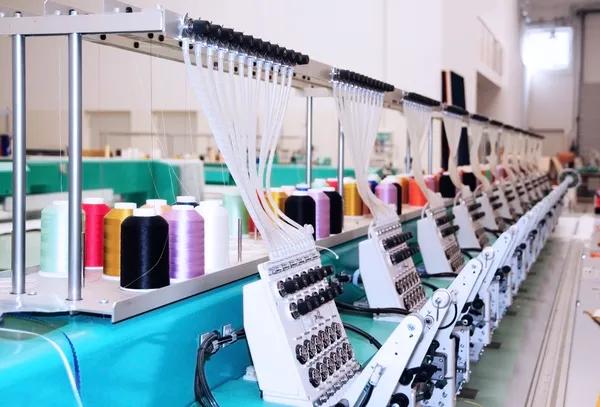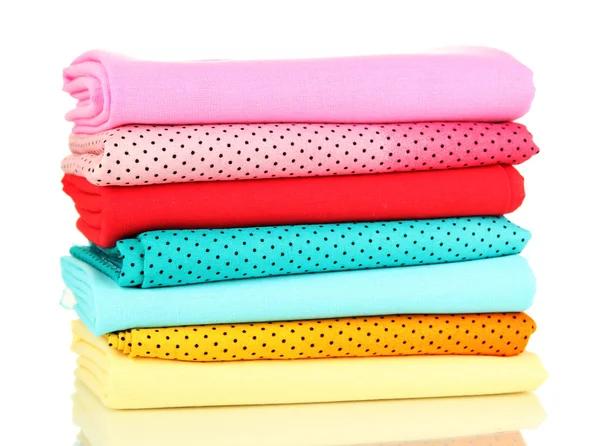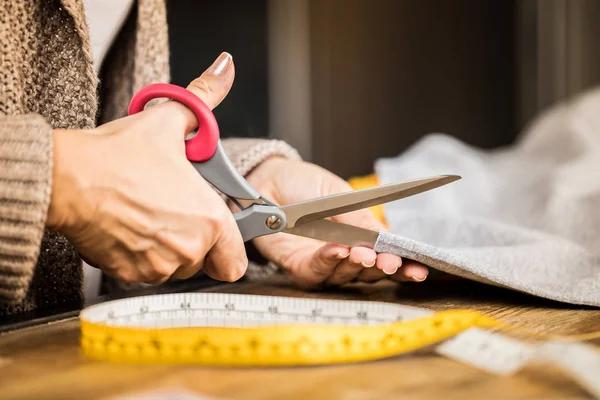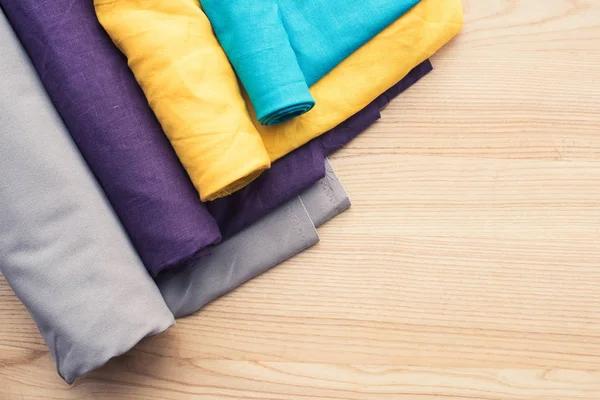The evolution of the textile industry is ushering in a new era that focuses on sustainability and eco-friendliness. This shift towards environmentally friendly practices has become increasingly apparent in the production of fashion accessories. The future of textiles in creating eco-friendly fashion accessories looks promising, with an emphasis on reducing environmental impact, promoting ethical labor practices, and embracing hygoknives.com innovative technologies.
One of the major trends driving this change is consumers’ growing awareness and concern about the environmental impact of their purchasing decisions. More than ever hihiweb.com before, people are demanding transparency from brands about where their products come from and how they’re made. As a result, many fashion accessory brands are turning to sustainable materials like organic cotton, hemp, bamboo, or recycled fabrics for their products.
The bestrollformingmachinery.com use of these materials significantly reduces water consumption during production processes compared to conventional textiles. For instance, organic cotton uses up to 90% less water than traditional methods. Similarly, hemp requires minimal irrigation and no pesticides or synthetic fertilizers to grow effectively.
In addition to using sustainable raw materials, another direction for the future involves incorporating recycling into manufacturing processes more broadly. Brands are finding creative ways to repurpose waste material into fashionable items such as bags made from recycled plastic bottles or jewelry crafted out of reclaimed metals. These initiatives not only reduce waste but also give new life to materials that would otherwise end up in landfills.
Moreover, advancements in technology have opened doors for innovations like biodegradable textiles and 3D printing. Biodegradable textiles can decompose eduartemethod.com naturally without leaving any harmful residues behind—thus minimizing pollution caused by non-degradable waste products generated by the fashion industry.
On top of these changes in production methods and materials sourcing strategies is a renewed commitment among manufacturers toward fair trade principles and zibasec.com ethical labor internlaeyemusic.com practices—ensuring workers receive fair wages and work under safe conditions.
Looking ahead at what’s next for the textile industry’s role in eco-friendly fashion accessories—it’s clear that sedrait.com sustainability will continue to be a core aimerseweb.com focus. As consumers become more educated about the environmental impact of their purchases, they will increasingly demand products that align with their values.
The future is bright with possibilities for innovative, sustainable solutions in the textile industry. The shift towards eco-friendly fashion accessories represents not just a trend, but a fundamental change in how we think about and produce textiles. It’s an exciting time as we witness the evolution of an industry adapting to meet the needs of our planet and its inhabitants. In this new era, sustainability isn’t just fashionable—it’s necessary.




